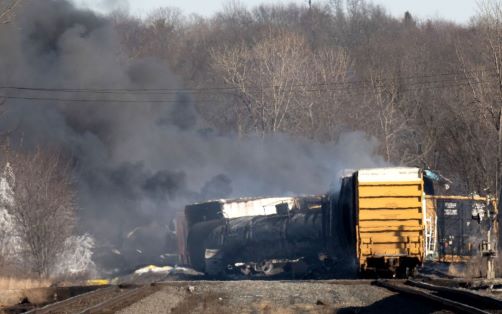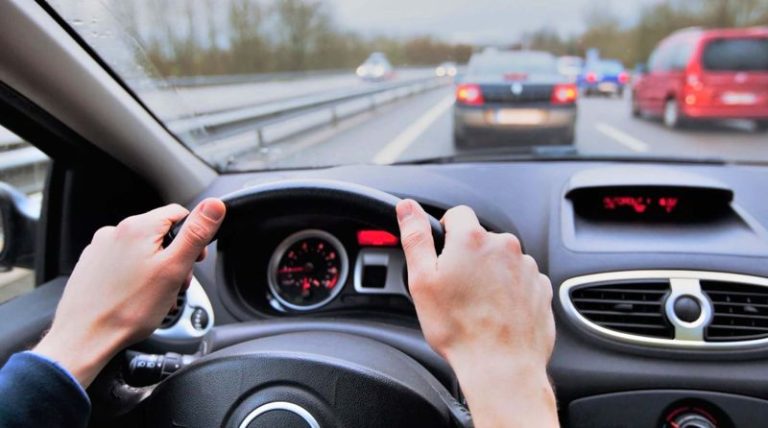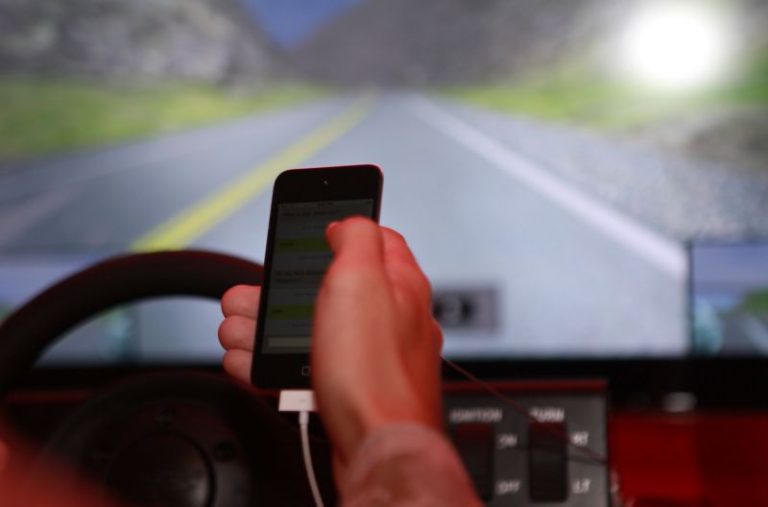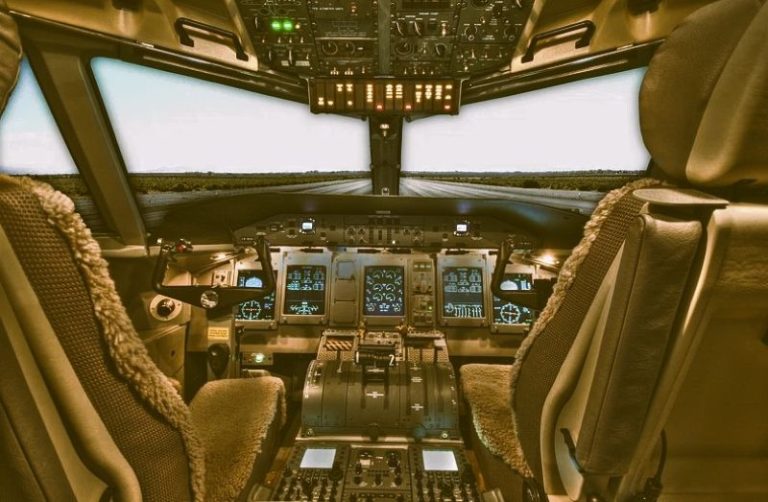

An investigation shows that railroads work about as well as other industries that are left to regulate themselves.

By Charles P. Pierce
Freelance Journalist
I am a sucker for trains. Not just the great, iron reality of them, but the idea of trains and how that idea permeates so much of our culture—our literature and our music. Especially our music, not merely in the lyrics, which is obvious, but in the music itself, the rhythm of steel rails, the way a great blues harp man can call up the whistle from far away, sounding high and strong over the steady beat of the wheels. It is one of the great failures of American government, American entrepreneurship, and American imagination that we have fallen so far behind the rest of the world in our railroad innovation. I once had a long talk with Michael Dukakis about this, and nobody loves trains more than Mike Dukakis does. So whenever a story like this one from the good folks at ProPublica pops, it gets my attention.
If the public thinks of America’s sprawling freight rail network at all, it typically does so when a train derails, unleashing flaming cars and noxious smoke on a community as it did this year in East Palestine, Ohio. The rail industry usually responds by vowing fixes and defending its overall record, which includes a steady decrease in major accidents. But a ProPublica investigation has found that those statistics present a knowingly incomplete picture of rail safety.
They don’t count the often-harrowing near misses, the trains that break apart, slip off the tracks or roll away from their crews with no one aboard — the accumulation of incidents that portend deeper safety risks. The government trusts the rail companies to fix the underlying problems on their own, to heed the warnings of workers like Haynes of loose hoses that could impair brakes or rotting tracks that could cause derailments. Unless those mishaps result in major injuries or costly damage, the companies don’t have to report them to anyone.
How does that usually work out?
But as railroads strive to move their cargo faster, that honor system, ProPublica found, is being exploited. To squeeze the most money out of every minute, the companies are going to dangerous lengths to avoid disruptions — even those for safety repairs.
They use performance-pay systems that effectively penalize supervisors for taking the time to fix hazards and that pressure them to quash dissent, threatening and firing the very workers they hired to keep their operations safe. As a result, trains with known problems are rolling from yard to yard like ticking time bombs, getting passed down the line for the next crew to defuse — or defer.
Thought so.
READ ENTIRE ARTICLE AT ESQUIRE


